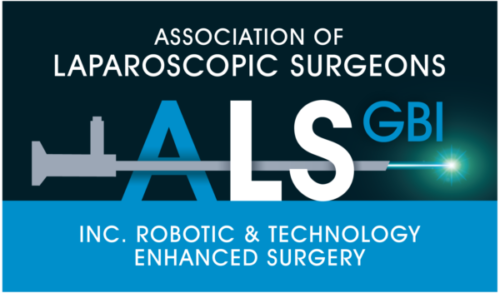You are going to have your hernia repaired by Laparoscopic or ‘Keyhole’ Surgery. The surgeon will use small incisions to insert a camera and instruments. The smaller incisions will produce less pain and should allow you to return home on the day of your surgery.
WHAT IS A HERNIA?
A hernia Is a defect in your abdominal wall (stomach) muscles. Unfortunately, there is no effective treatment for a hernia other than surgery.
WHY DOES A HERNIA NEED SURGERY?
Once a hernia has developed It will not go away on its own. It will probably grow larger over the years and may cause more pain and discomfort. The hernia may also produce other complications, such as a blockage of the bowel.
Your hernia will be repaired by reinforcing the defect in your abdominal wall with nylon mesh. The mesh will be held In position with staples or ‘superglue’, until scar tissue grows into the mesh to secure it In position.
BEFORE YOUR SURGERY
Prior to surgery you will be seen in a pre-assessment clinic by a nurse to prepare you for your operation. You may need to have a heart tracing, blood tests and a chest x-ray. You may also be seen by a doctor to discuss your surgery. You will also be given a questionnaire on post-operative pain which you should keep and bring with you on the day of your operation.
ON THE DAY OF SURGERY
You will be admitted to hospital prior to surgery. Please leave valuables at home. You will be seen by a nurse and a doctor who will obtain consent for your operation. You will also be visited by an anaesthetist. There are many patients admitted for surgery each day and some waiting is to be expected. Please be patient and bring something to occupy yourself during these periods. Before proceeding to theatre you will be asked to remove all jewelry, dentures, contact lenses ,make-up, nail varnish and to change into a gown.
AFTER YOUR SURGERY
Following surgery you will be taken to the recovery room where you will be monitored for several hours before returning to the ward.
GENERAL ANAESTHETIC
The anaesthetic you receive may make you feel tired, sick and affect your concentration. This is considered normal and may continue for a day or two. You will go home the day of your surgery unless you feel unwell.
PAIN
You will be given pain medications as needed when you recover from the anaesthetic. You are advised to purchase pain medications from a chemist prior to admission. We suggest either Codydramol (Distagesic) or Vol-tarol, 30 tablets. If you are exempt from prescription charges you can get a prescription before going home.
PAIN QUESTIONNAIRE
Your pain questionnaire will only take a moment to complete, you are asked to remember to complete each section. This will be reviewed on your first appointment.
WOUNDS
You will have dissolving stitches or glue with paper strips over your wounds. Keep the wounds clean and dry for at least one week, then remove the dressings. The district nurse will visit you the day after surgery to assess your wounds.
EATING & DRINKING
Drinks and sandwiches are available for you on the ward; you should drink plenty of fluids after your surgery. This will help to counteract the constipating effect of your pain medications.
ACTIVITY
When you return home you will naturally feel tired for a few days. You should get up each day and take some exercise. Increase your activity every day until you return to your normal routine. You may drive a car when you feel that you are ready, however you should let your insurance company know you have had an operation.
WORK
You can return to work as soon as you feel that you are ready. If you do heavy work, a gradual return to your normal level of work is advised.
SEXUAL ACTIVITY
You may resume sexual activities when you feel able.
FOLLOW-UP
An appointment will be arranged approximately two weeks after your surgery. Please remember to bring your pain questionnaire.
Reproduced from the information from the MATTU Royal Surrey.
